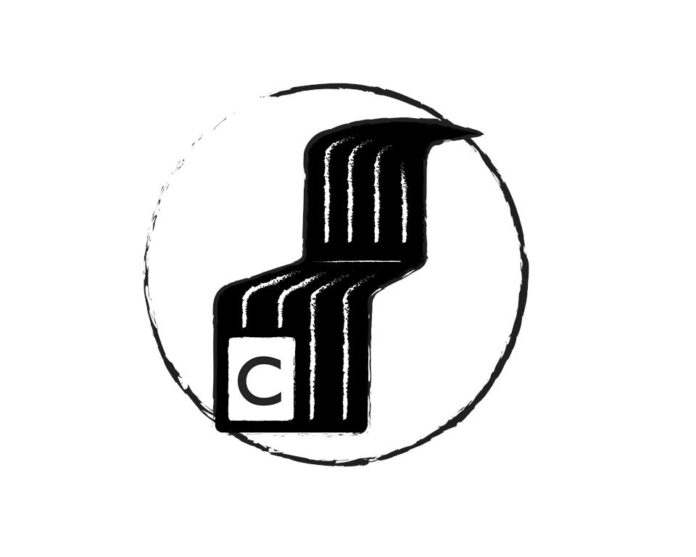My parents divorced when I was 13 only to rematerialize as villains of their own unique designs. They each failed to adapt to their new realities — ones borne of circumstances they both fed into, but with outcomes neither fully endorsed. Tormented and scorned, they charted an uneasy course through unfamiliar waters. With vengeance as their North Stars, they sailed the choppy, frigid seas, propelled by the harsh winds of grievance.
My mother, in fear and uncertainty, sought out safety, but her security-minded decisions only exacerbated the tenuous situation. My father, weakened, responded from a place of anger and pain. Sometimes the ensuing violence would arrive on our doorstep. Often, the havoc was directed within. Their children suffered through it all; embroiled in a conflict they did not choose, and from which they could not escape.
Both felt the other could neither be reasoned with nor appealed to. Concession, compromise, and collaboration were abandoned. They lost sight of the objective: a shared and mutual prosperity in this new existence. It was replaced with tit-for-tat gamesmanship, psychological warfare, instability, dehumanizing rhetoric, and an abandonment of their supposed ideals. The desire to preserve an imagined self-construction (with their children a natural extension of that conception), no matter the cost, doomed them all. My mother adopted a detached indifference; my father, a mournful rage. Their children, to various degrees, became the embodiment of cynicism, nihilism, depression, anger, grief, and loss.
In Gaza, a war rages from which there appears to be no end. It is a conflict between two nations who have suffered greatly at the hands of others. But through this strife, they have also inflicted tragic and lasting damage to themselves, their interests, and their successors. Some, fueled by hate, will take up the battle, while others collapse into a resigned despair. Nations are made up of individuals, and like the people who compose them, they can suffer deep and persistent traumas which poison their souls, skew their perceptions, and degrade their futures.
The region is ruled by uncompromising desires: for peace, revenge, safety, acknowledgement, and legitimacy. The players in this zero-sum game increasingly embrace the idea that achieving these goals will only come at the annihilation of the other. Their singular focus blinds them from the way they corrupt and destroy the very thing they are seeking. Consumed by the enemy without, they appease the enemies within. Whoever wins must be content to rule over a moral (and literal) wasteland.
Narratives of victim and victimizer typically break down under close appraisal. Hurt people, hurt people. Breaking that cycle within myself meant seeing my parents for who they were: dejected, irrational, and deeply flawed. They were wounded animals, and behaved accordingly. That realization doesn’t excuse the harm they inflicted — no amount of anguish excuses heaping fresh new traumas upon the innocent — but it allowed me to forgive them in time. Ultimately, radical compassion is about healing yourself.
In a land governed by wrath, the next assault might just be interrupted by an element long missing from the region: grace. In a war with no clear end, right now, that might be the best we can hope for.
Long ago, when DeLoreans roamed the earth, Brad was born. In accordance with the times, he was raised in the wild every afternoon and weekend until dusk, never becoming so feral that he neglected to rewind his VHS rentals. His historical focus has assured him that civilization peaked with The Simpsons in the mid 90s. When not disappointing his parents, Brad spends his time with his dogs, regretting he didn’t learn typing in high school.


